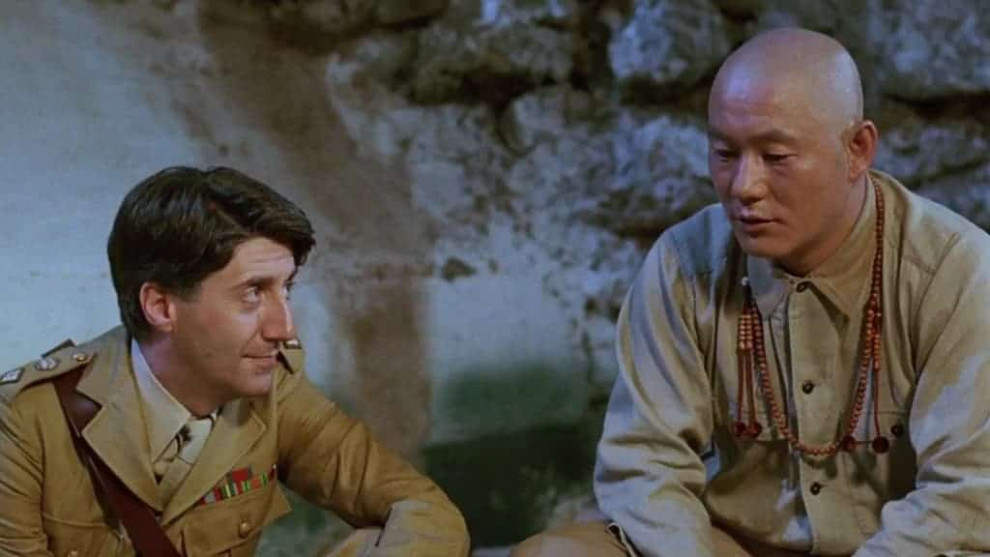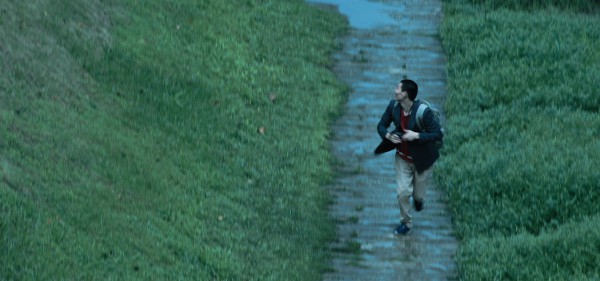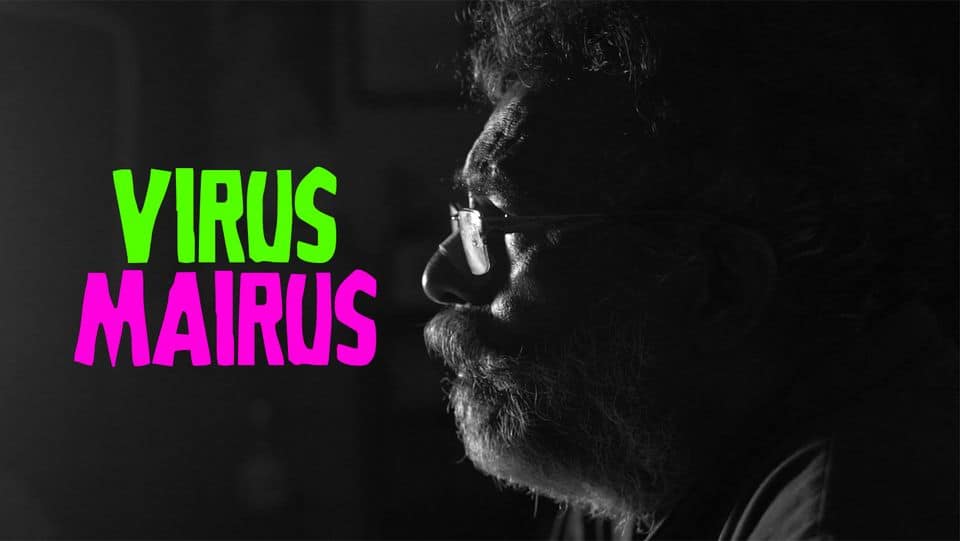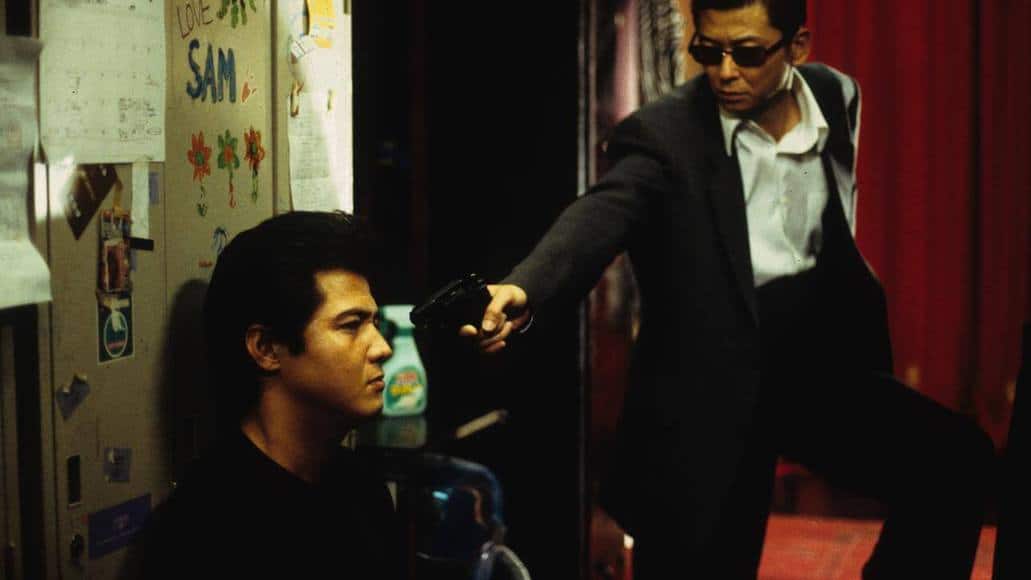Five years after he had won Best Director at the 1978 Cannes Film Festival for “Empire of Passion” Japanese auteur Nagisa Oshima would return to the cinema with “Merry Christmas, Mr. Lawrence”, a film based on the works “The Seed and the Sower” and “The Night of the New Moon” by Sir Laurens van der Post. In his books, he reflects on his time as a prisoner of war after he had been captured by Japanese forces in 1942, and in Oshima's, film the character played by Tom Conti bears much resemblance to the author, especially because of his knowledge of the Japanese language and culture. Apart from Conti, Oshima managed to assemble quite an interesting cast for this war drama consisting of musicians David Bowie and Ryuichi Sakamoto along with Takeshi Kitano as Sergeant Hara.
Buy This Title
In 1942, Captain Yonoi (Sakamoto) is the commander of a camp of Japanese prisoners of war, among them Lieutenant Colonel John Lawrence (Conti), with whom, because of his skills in the Japanese language, he has a special relationship with. Lawrence also tries to be a mediator between his comrades and the Japanese guards, especially Sergeant Hara (Kitano) who tries to maintain order and discipline, at times with brutal force. Over time, Lawrence has managed to create an uneasy balance between the prisoners and the Japanese, making life in the camp somewhat bearable while also attempting to negotiate if possible.
However, this balance is disrupted with the arrival of a new prisoner, Major Jack Celliers (Bowie). Even though Celliers proves to be quite rebellious, often undermining Yonoi's authority in front of his men, the captain has a very special relationship with him ever since he questioned him during his military trial. When Celliers disgraces Yonoi in front of his men in order to save a prisoner's life, he ignites a spiral of violence that cannot be stopped.
At the center of Paul Mayersberg's and Oshima's script, we have the ideas of opposition and companionship, often closely together, creating an unusual tension throughout the whole film. Perhaps the best example is the pairing of Bowie and Sakamoto's character, both defined by a sense of shame, dignity and very opposing values linked to culture and the context of war. Especially the concept of shame, although it has very different roots for each man, binds the two men together, an attraction which is the cause for Yonoi essentially “losing face” in front of his men and, even worse, himself. While the thought of making Celliers the main spokesperson of the prisoners was perhaps a way to make this unusually rebellious man submissive, Cellier's repeated confrontations and affronts not only demonstrate how wrong Yoinoi's original thought was, but also create an interesting, tense power struggle between the two men.

Nevertheless, the most interesting performance is perhaps Takeshi Kitano as Hara. Especially in the various dialogues with Conti's Lawrence, he manages to create a person who seems to be defined by both violence and humanity. The now trademark deadpan expression of the actor makes his acts of brutality just as impactful as his surprising acts of kindness; for example, by showing mercy to Celliers and Lawrence, an action making him, as he laughingly claims, “Father Christmas”. Whereas his superior seems to be a prisoner of traditions, of an old image of honor and shame, Hara appears to be something of a free spirit almost, a man who is not easy to define or understand, as even Lawrence, the great humanist among the characters, has to admit.
Finally, apart from the beautiful cinematography by Toichiro Narushima, Ryuichi Sakamoto's second addition to the film, its score, adds a certain sense of melancholy and tension to the narration, highlighting the sensual attraction between characters like Celliers and Yonoi.
In the end, “Merry Christmas, Mr. Lawrence” is a film about the horrors of war and how it creates borders between men. At the same time it is about themes like shame and honor and how they might ignite conflict. It is a powerful movie which, after so many years, still fascinates as well as captivates its audience.
















